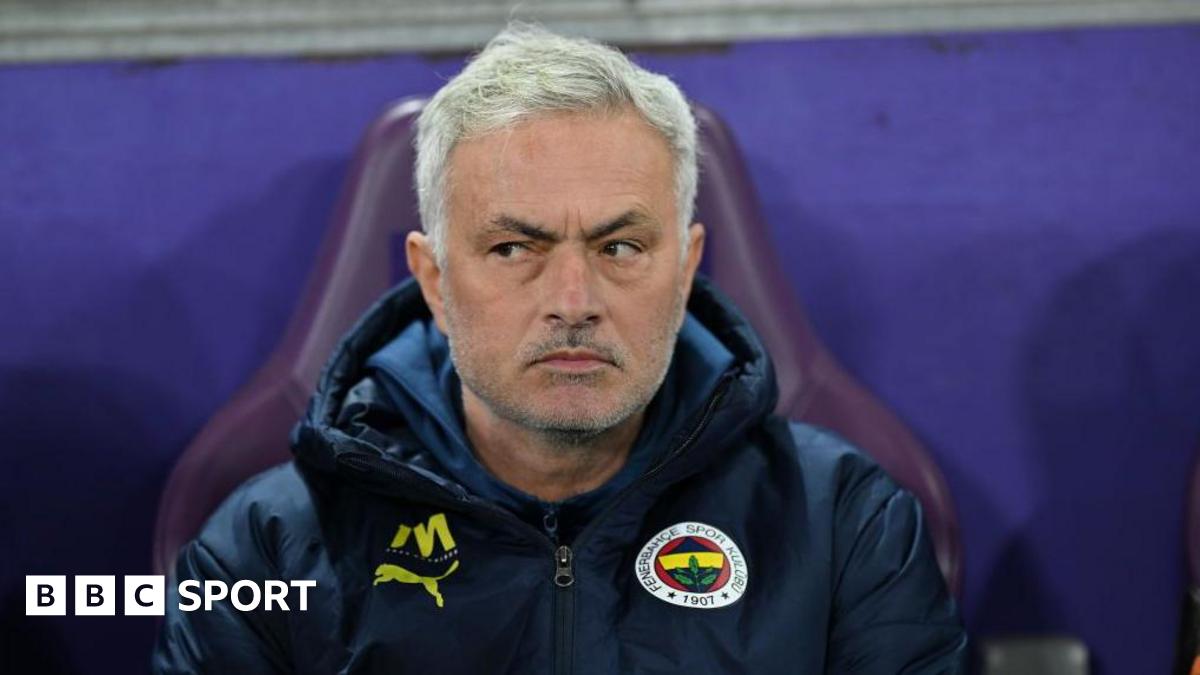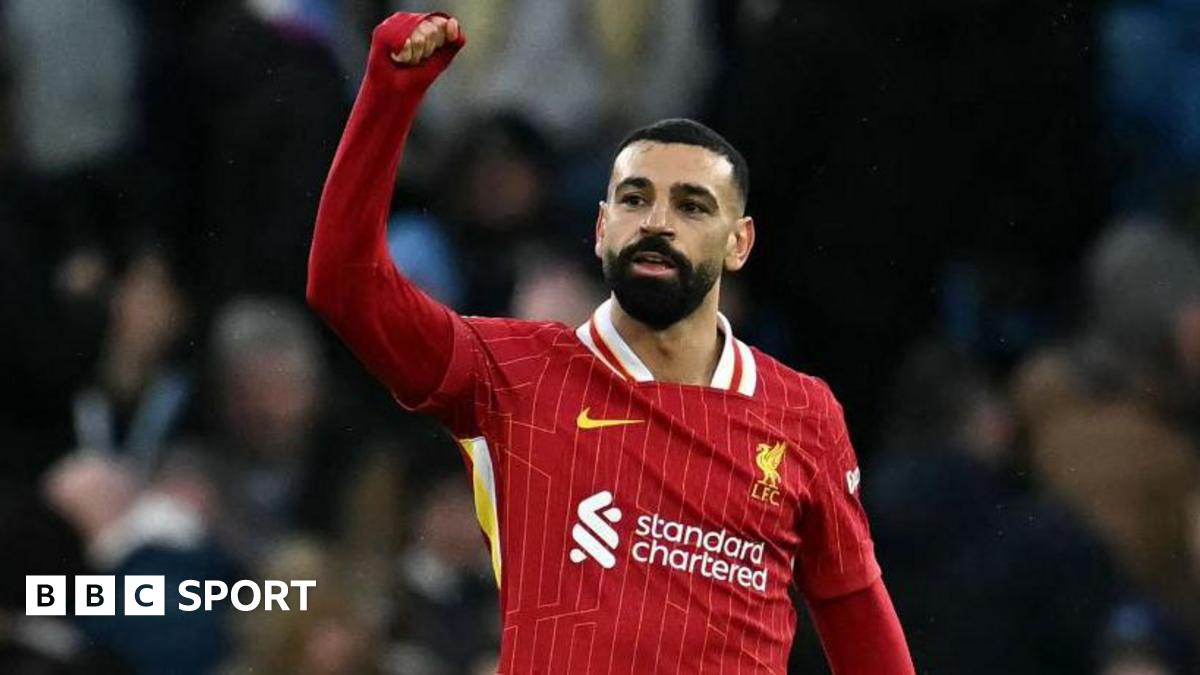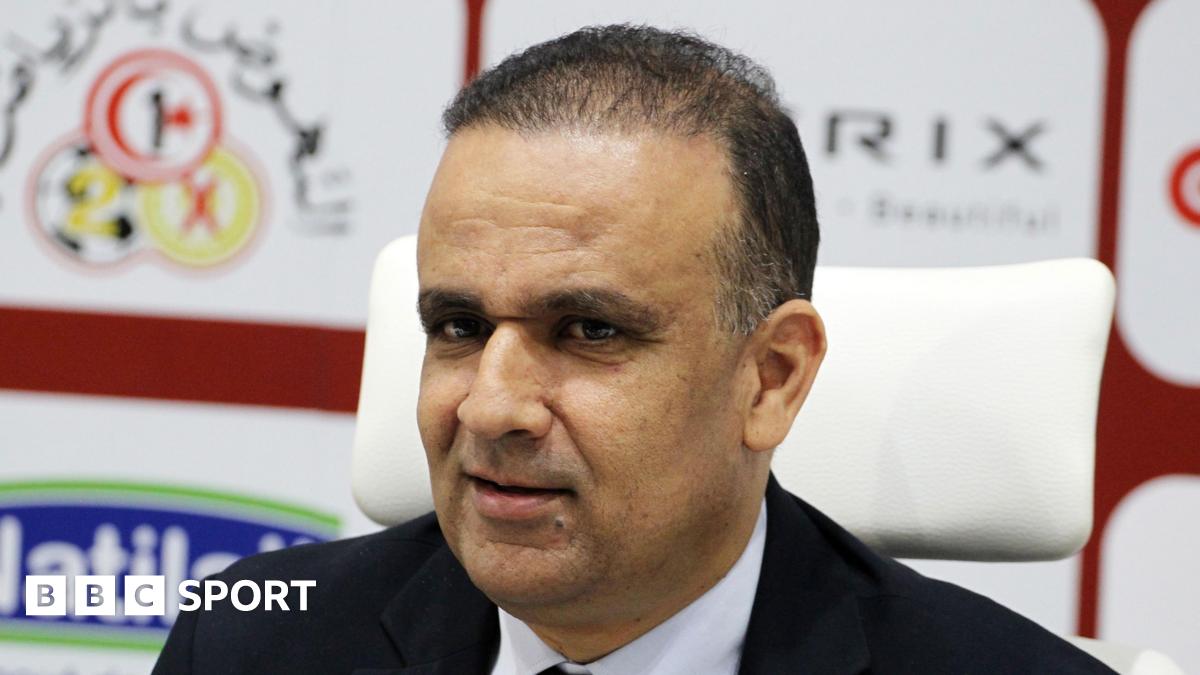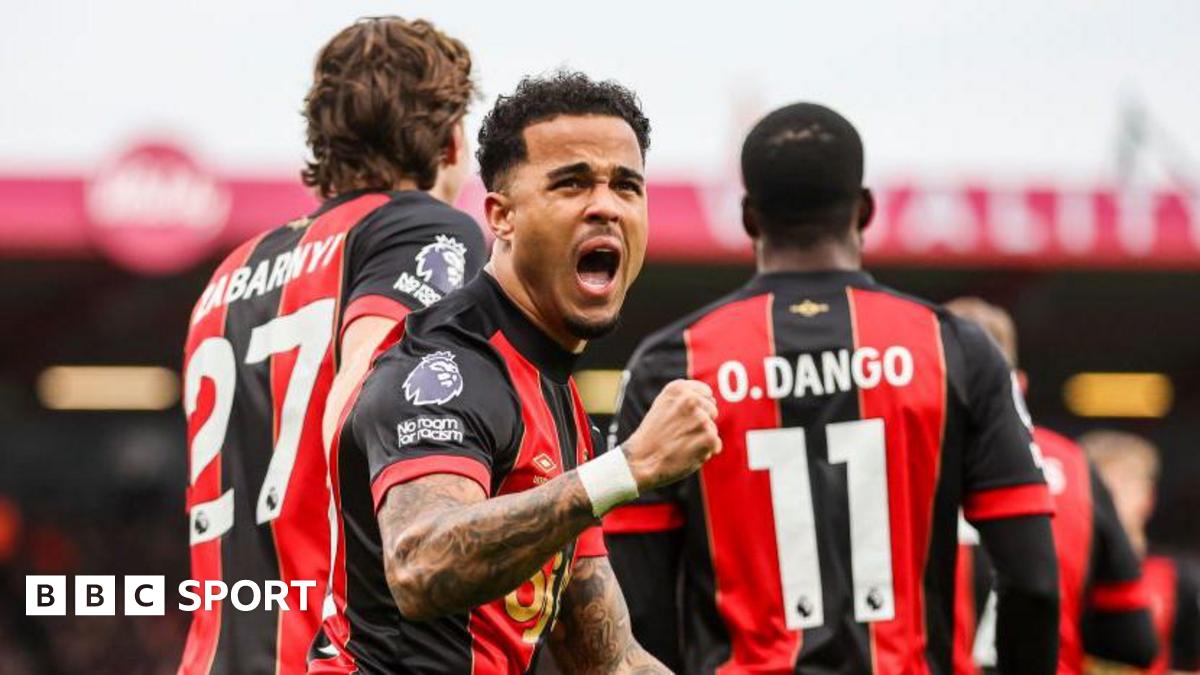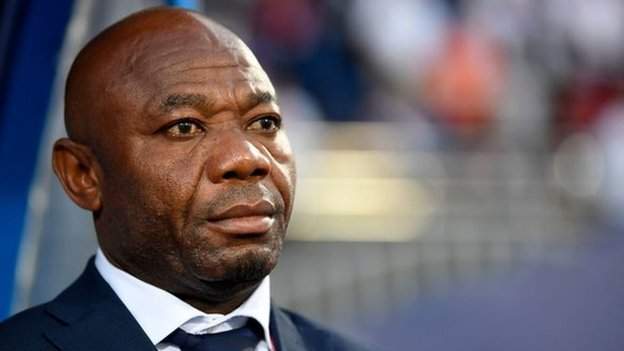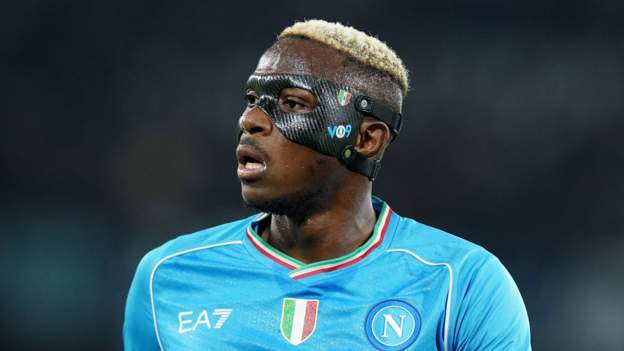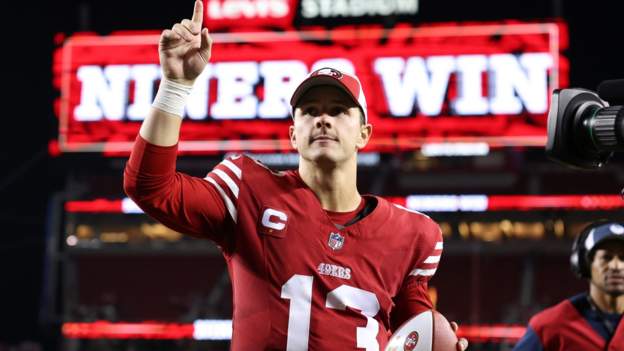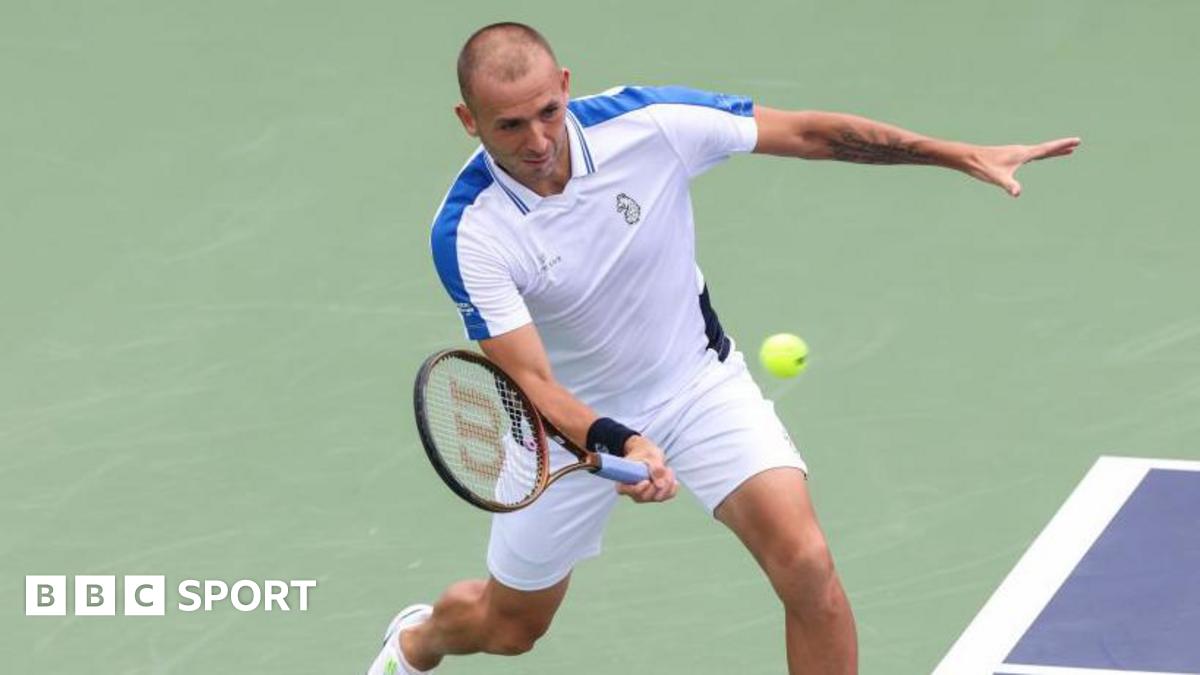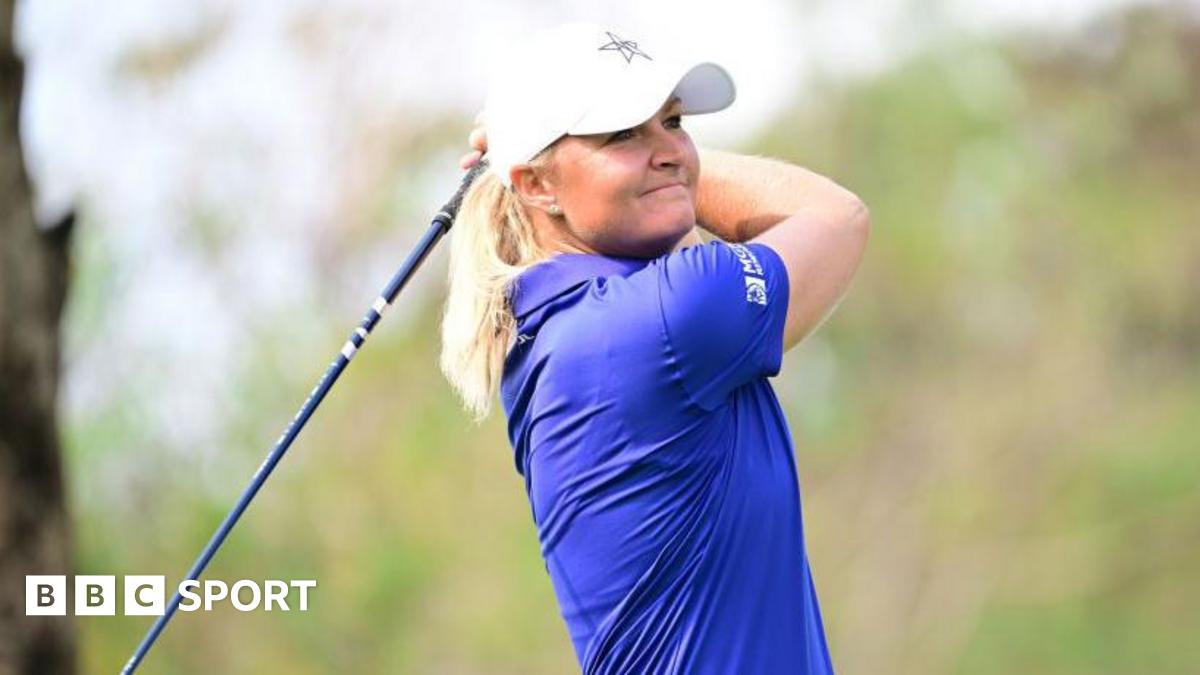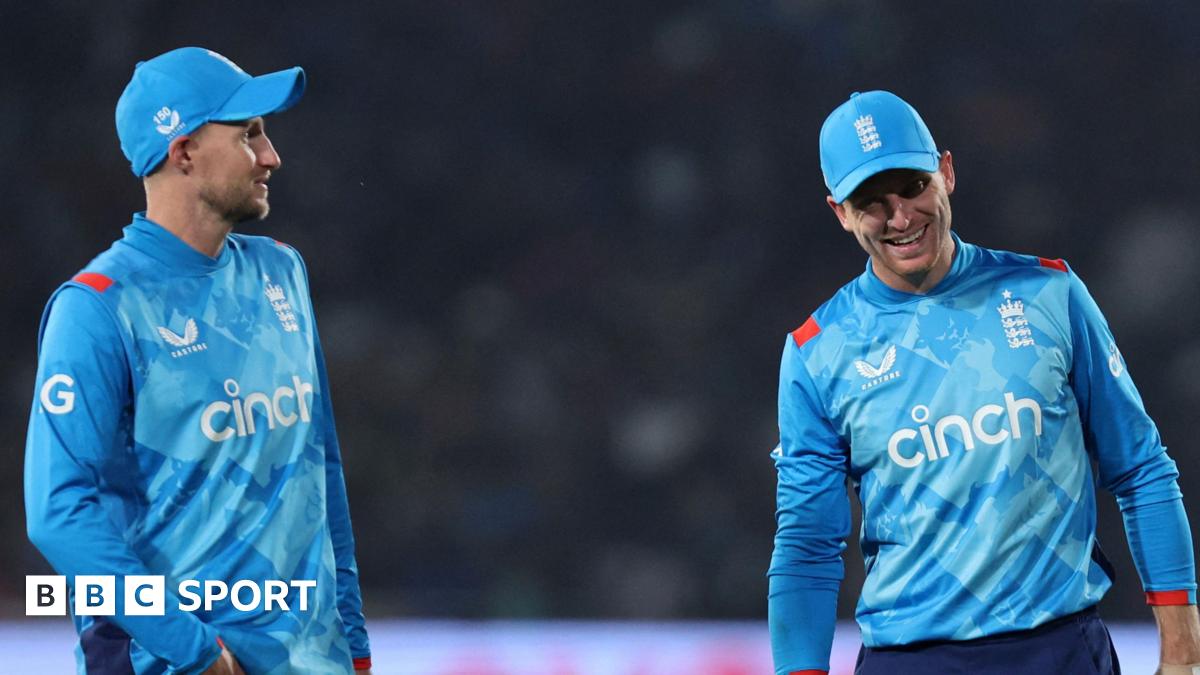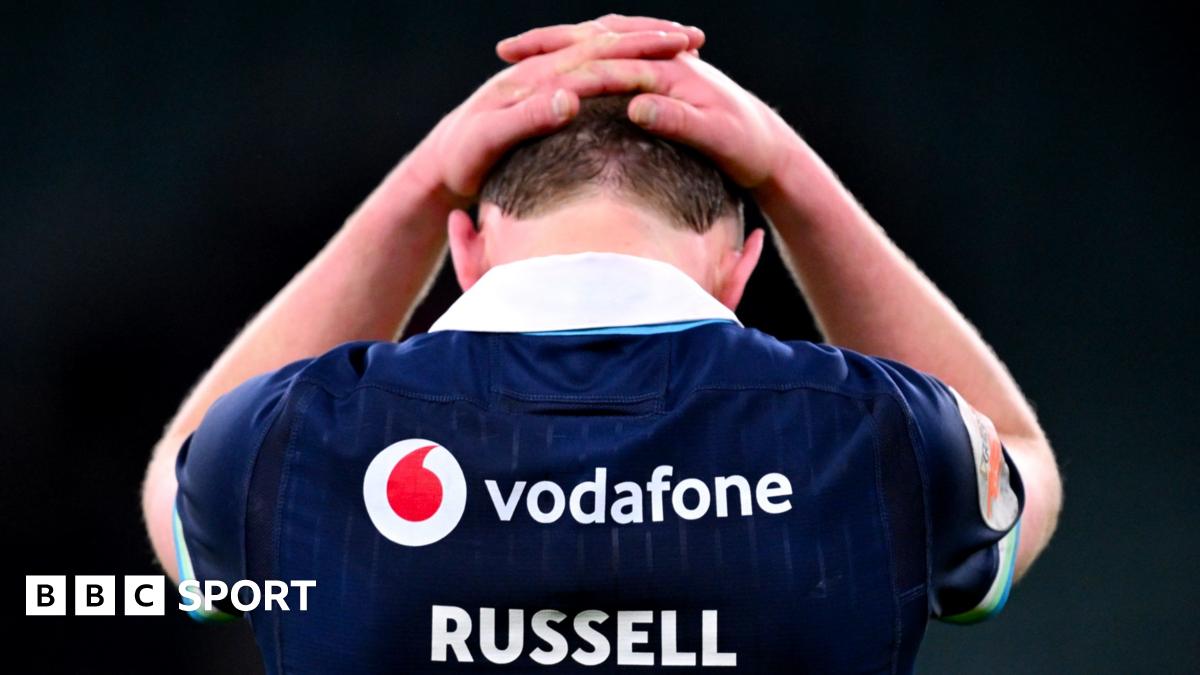Former Nigeria international Emmanuel Amuneke says his job title at Egyptian side Misr El-Makkasa has changed from head coach to director of the club’s academies across Africa.
The club issued a statement on Sunday, naming Ehab Galal as the new man in charge, with Amuneke changing his role after less than a month as coach.
“I’m still with the team, there is no sack involved as reported because Makkasa is a massive group and the past year has seen them trying to create projects across the continent,” Amuneke told BBC Sport.
“When I was still working in Tanzania, they came to the country to discuss with the government about investing in the east African country. They plan to invest in Tanzania, Mali and possibly in Nigeria in the future.
“We’ve been discussing about the academies, we are still looking at the contractual options because this is a long-term project and I wouldn’t want it to affect any other coaching opportunities.”
The club is currently struggling in the Egyptian league and caught up in the relegation dogfight, lying in 16th place on 14 points.
Amuneke led El-Makkasa in three games in his short tenure – against Smouha and Al Entag Al Harbi which both ended in 1-1 draws and then a 0-1 defeat to Tala’ea El Gaish in the Egyptian Cup.
“The decision to bring in a new coach is only logical because accepting to work on this big project means it will be difficult for me to combine both roles,” he added.
“We’ll see how things pan out but I am still here working with Makkhasa.”
Amuneke, who led Tanzania to their first Africa Cup of Nations since 1980, left the Taifa Stars by mutual consent following the team’s failure to progress to the knock-out stages of Egypt 2019.
The 1994 African Footballer of the Year previously managed his country’s youth teams and Sudanese club SC Khartoum.
He was the assistant coach when Nigeria won the Fifa U-17 World Cup trophy for a record fourth time in the United Arab Emirates in 2013.
Two years later, he led the Golden Eaglets to a fifth U-17 World Cup title in Chile and, revered as a proven youth manager, he was swiftly promoted to coach the U-20 side the Flying Eagles.
As a player, he was a key part of the Super Eagles team, scoring both goals at the 1994 Africa Cup of Nations in Tunisia where Nigeria beat Zambia 2-1 to secure their second African title.
He also played for the Super Eagles at the 1994 World Cup – scoring memorable goals against Bulgaria and Italy.
Two years after that triumph in Tunisia, he scored the winner again as Nigeria stunned Argentina 3-2 in the 1996 Olympic football final in Atlanta to become the first African football nation to win Olympic gold.

